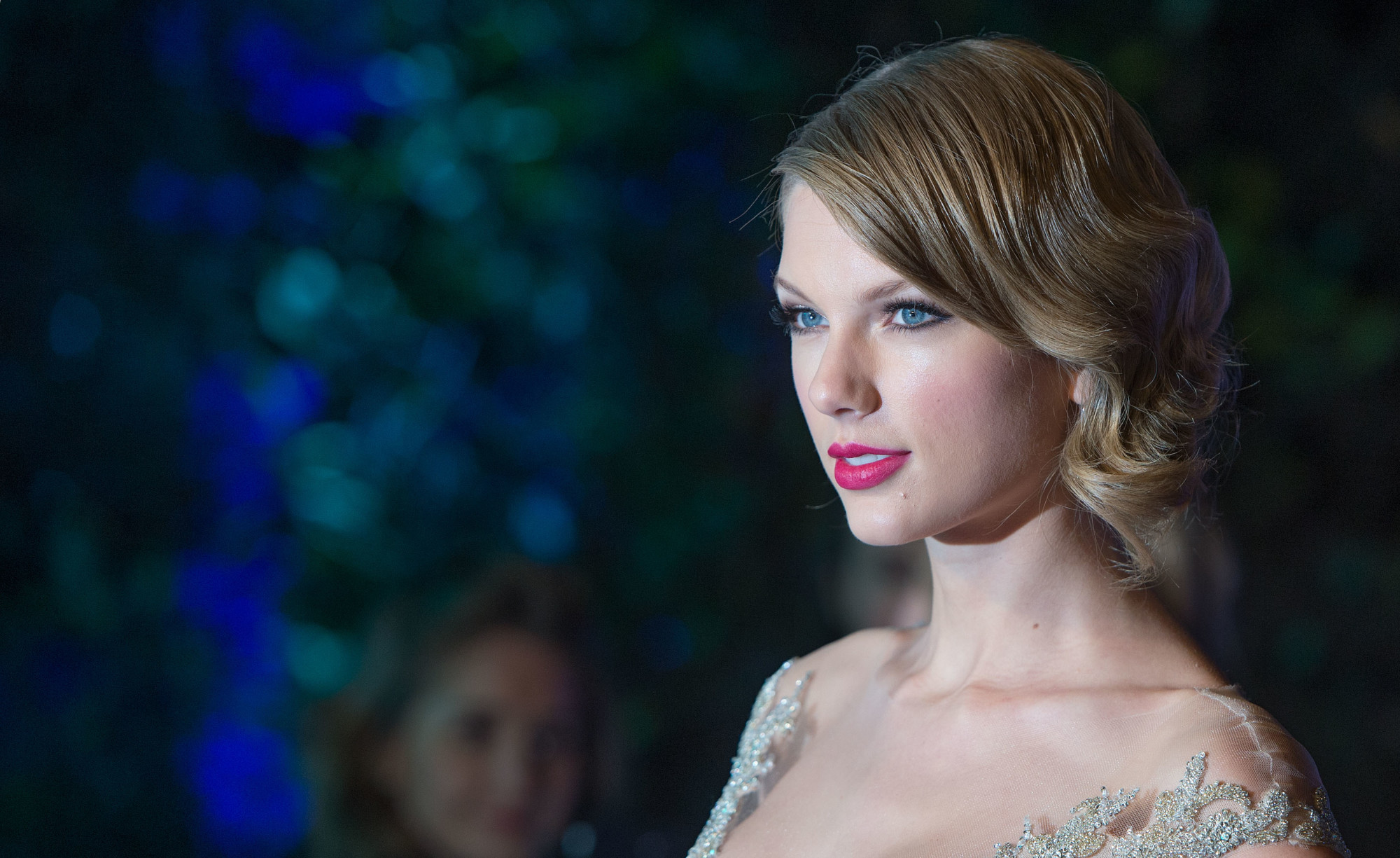Sign up for The Media Today, CJR’s daily newsletter.
“Look what you made me do,” sings Taylor Swift in her new single of the same name. Though not explicitly stated, the “you” might just be referring to, wait for it, the media. Since the single dropped on Thursday night, the internet has been all atwitter (literally—so many tweets!) with conspiracies about the meaning of Swift’s latest musical venture. Summary: Everyone’s got some serious feelings about it. Is it a jab at Kanye West? An ode to Arya Stark? Or is it actually a vent about her “Bad Blood” with the media?

Over the years, Swift has had a tenuous relationship with the press. From her romantic conquests to the Kanye drama, Swift is constant fodder for gossip rags, tabloids, and even the mainstream media. For a long time, she was portrayed as the “victim”: of Kanye, of her exes, of frenemies like Katy Perry. In BuzzFeed, Ellie Woodward wrote earlier this year: “Swift’s drama involved a sweet and unassuming embodiment of traditional femininity being repeatedly wronged by famous men. It was a more old-fashioned, pleasant story for the media to tell.” Compared with the starlets who came before her (Britney Spears, Paris Hilton, Amy Winehouse), Swift had an innocence to her, one devoid of DUIs and stints in rehab.

Swift was in control of her media narrative, at least for a while. But that ended with the release of 1989 in 2014. The fascination with her love life took on a more negative tone, and her brand of “white feminism” became problematic to many. In the media, the victim quickly became the villain. Woodward again: “Swift was branded a ‘psycho,’ a ‘maneater,’ and ‘desperate.’ Her love life had become the subject of jokes and analysis, and contributed to her being voted one of the most hated celebrities of the year in 2013.” She’s probably telling herself “I Knew You Were Trouble” right about now.

Her new album, Reputation, due out November 10, could be her defense against this new version of her reputation, as portrayed in the media. In the past, Swift would just “Shake It Off” (“it” being negative press). Now she’s confronting it head-on through her music. It’s speculation, but I’m not alone in this thinking.
"Use the false image media gives of you to write a fierce song" is the new "when life gives you lemons, make lemonade" #TaylorSwift #LWYMMD
— Greta (@_greetaa) August 25, 2017
https://twitter.com/nader_af1/status/900452600801353728
https://twitter.com/PetuniaPolitics/status/900436644628754433
https://twitter.com/team_everybody/status/900430166605934594
https://twitter.com/jayesoine/status/900413066751299584
Hear me out. We don’t know much about the album yet, but what we do know screams “yes” to this theory. Let’s start with the album cover. Swift poses defiantly against a partial backdrop of newspaper clips and headlines that could have been grabbed from the pages of The New York Times or Page Six. It doesn’t feature specific text except for her name, repeatedly, in the style of these news organizations. On the left side, against a crisp white backdrop, is the Swift she wants us to see; on the right, obscured by the headlines, is the one the media portrays. “Taylor Swift is being engulfed—quite literally shadowed—by the media’s obsession,” writes Zach Schonfeld for Newsweek.
https://www.instagram.com/p/BYJLD0MnU89/
Moving on to her debut single, “Look What You Made Me Do.” Is it a lament about the media’s portrayal of her? Quite possibly. Let’s take a look at some of the lyrics:
“I don’t like your little games / Don’t like your tilted stage”
“Games” being the stories about her, and the “tilted stage” the one-sided media treatment.

“The role you made me play / Of the fool, no, I don’t like you”
This is pretty straightforward. The media’s forced her into a specific role (first victim, then villain). She feels fooled by this “betrayal,” and she doesn’t like it.
“But I got smarter, I got harder in the nick of time / Honey, I rose up from the dead, I do it all the time”
Is this a warning? If so, sounds like she’s figured out her defense against the media: portraying us as the bad guys. Will the Swifties (a.k.a Swift fans) also buy into this new narrative? Let’s hope not.

“The world moves on, another day, another drama, drama / But not for me, not for me, all I think about is karma”
Even though she’s gotten negative press, the news cycle is so damn fast that the world moves on eventually. Too bad for the media, she doesn’t.
“I don’t trust nobody and nobody trusts me”
The press is no longer her friend. They lost her trust when they turned against her. And now maybe she thinks the fans don’t trust her. Womp.
“I’m sorry, the old Taylor can’t come to the phone right now.” / “Why?” / “Oh, ’cause she’s dead!”
Possibly an actual attempt by a reporter to contact Tay Tay? Or not. Old Taylor just tried to brush off the negativity in the media. New Taylor is ready to fight back.

I’m not saying this album is Swift’s declaration of war against the media (Donald Trump has that covered). But it does say something about her love-hate relationship with the press. It’s a “Love Story” with a serious dose of shade. But there might be one way to mend her relationship with the press, swiftly:
Guest editor for @CJR pic.twitter.com/tHYDuIbhII
— emily bell (@emilybell) August 25, 2017
Editor’s Note: A previous version of this story listed the wrong release date for Swift’s 1989 album.
Has America ever needed a media defender more than now? Help us by joining CJR today.



